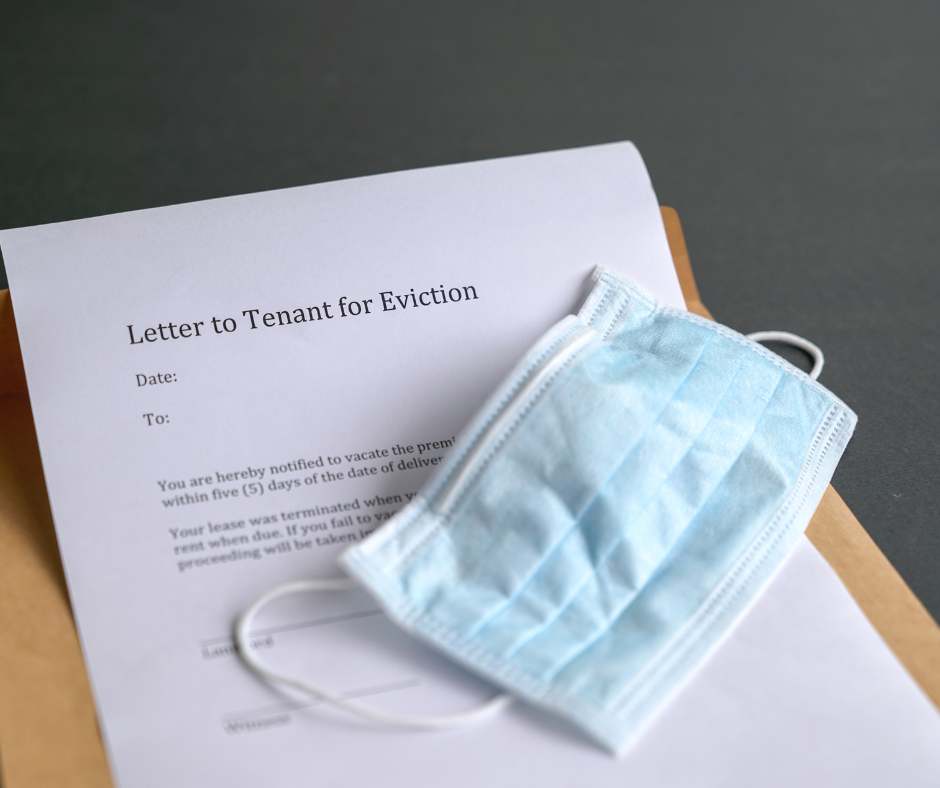
You know you can’t keep subsidizing your tenant’s lives much longer. They needed to be out yesterday, but with the ongoing Connecticut eviction ban, you’re out of options.
On Aug 8th, Donald Trump signed an executive order extending the federal moratorium on evictions and foreclosures on housing backed by Fannie Mae / Freddie Mac loans until 2021.
While some say that Trump’s order does not extend the lapsed four-month eviction moratorium, which itself covered only about a quarter of the nation’s 44 million rental units. It directs the Department of Health and Human Services and the CDC to “consider whether any measures temporarily halting residential evictions” are necessary to halt the spread of Coronavirus.
This is the same reasoning CT Governor Lamont used to extend the CT eviction moratorium the first time.
We’re thinking he will do it again.
An Unnerving Precedent Is Set
While the current Connecticut eviction ban ends August 22nd, the precedent set by the Federal Gov’t doesn’t bode well for landlords struggling with non-paying tenants.
The Democratic state is more likely to follow suit with tenant “protections” unfavorable to Connecticut landlords.
Complications and Lawsuits Begin
The housing courts are yet to open fully, even for pre-covid cases.
Landlords have even banned together to sue state officials, claiming that Gov Lamont’s order interferes with landlords’ private contracts as far as grace periods and security deposits. Effectively, the government is taking private properties to house people without compensation.
CT Governor Lamont’s latest executive order 7DDD allows for serving of Connecticut Eviction Notice to Quits to begin against a tenant for nonpayment of rent due on or before February 29, 2020. How soon after that you get a court date is unknown.
How to Collect Rent During The Connecticut Eviction Ban
Here’s what we’re doing to double down on collections during this time:
1. Guide residents to apply for rental assistance.
CT has set aside 10 million for Rental assistance payments to landlords. We are pointing tenants who are behind because of COVID-19 to apply here: https://www.chfa.org/homeowners/state-of-connecticut-temporary-rental-housing-assistance-program-trhap/
2. Keep communication lines open and frequent.
Continually communicate with residents about their employment status. Set up a written payment plan for catching up that fits their budget.
3. Ask what you can do to help:
Residents may need help to fill out forms, apply for unemployment, or re-organize their finances due to reduced income. While unemployment benefits have been extended, they are at a lower amount with some rules around state contributions.
It’s been a paralyzing 6 months for tenants and landlords. We are concerned that the CT eviction ban will last through the end of the year because of the President’s executive order.
We hope we’re wrong.




